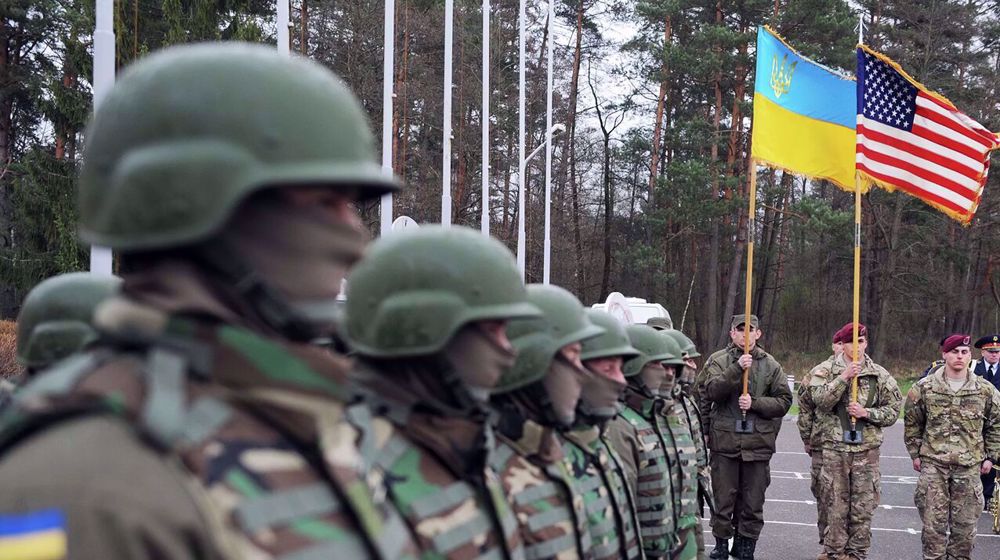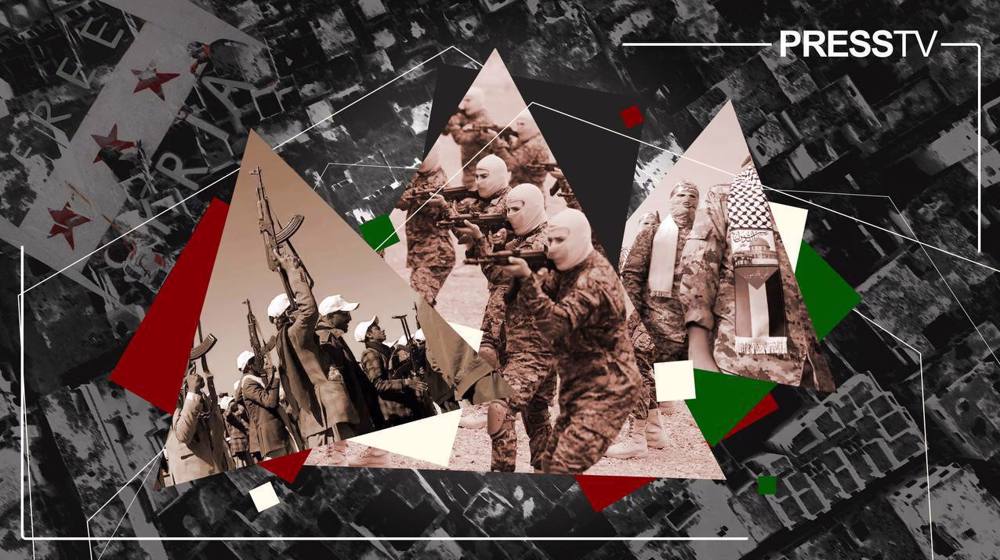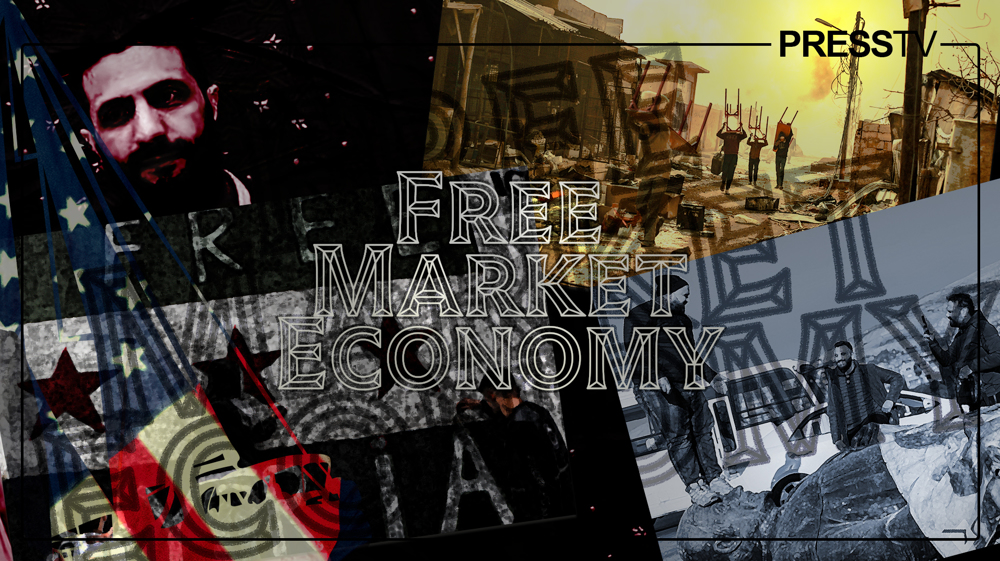West’s Ukraine fantasy will spell doom for the Ukrainian nation
By Scott Ritter
In the words of US Secretary of State Antony Blinken, Europe is undergoing one of the greatest struggles in the name of freedom since the American Revolution.
“The Ukrainians are fighting for their country; they're fighting for their future; they're fighting for their freedom,” Blinken said recently.
“I am convinced and confident that, at the end of the day, Ukraine’s independence, Ukraine’s sovereignty will prevail and will be there long after Vladimir Putin has left the scene.”
What was left unsaid was the reality that Russian President Vladimir Putin has survived four US presidential administrations and is well on his way to outlasting a fifth — the Biden administration that Blinken serves.
Blinken’s comments come on the heels of continued calls from Ukraine’s embattled President, Volodymyr Zelensky, for additional deliveries of heavy weapons needed for his country’s ongoing fight against invading Russian forces.
While acknowledging that Ukrainian forces were suffering “painful losses” on the front lines, Zelensky believes that Ukrainian forces would be able to hold on to the contested Donbas region, and eventually launch a counterattack that would throw Russian troops from the totality of sovereign Ukrainian territory—including both Crimea and the Donbas.
While many military analysts have come to assess that the war in Ukraine has tilted in Russia’s favor, US defense officials believe that the opposite is in fact true — Ukraine is emerging from the current struggle with “an advantage” brought on by the provision of billions of dollars of military assistance by the US and the West to the Ukrainian armed forces.
The US stance has apparently emboldened Ukraine’s European allies, with French President Emmanuel Macron, German Chancellor Olaf Scholz, Italian Prime Minister Mario Draghi, and Romanian President Klaus Iohannis all travelling to Kiev to pledge their ongoing support for Ukraine, both in terms of continuing to provide advanced weaponry to fend off the Russians, but also to support Ukraine’s efforts to join the European Union.
Not to be outdone, British Prime Minister Boris Johnson made his own solo jaunt to Kiev on Friday, armed with a plan for Great Britain to provide training for 10,000 Ukrainian soldiers every 120 days.
The problem facing the European leaders is the harsh reality of military math. The driving force behind Ukraine’s desperate need for heavy weapons is the fact that in the 100-plus days Ukraine has been fighting Russia, the Russian military has destroyed the vast majority of Ukraine’s pre-conflict arsenal.
This fact is played out with violence daily — in a conflict that has taken on the characteristic of a massive artillery duel, the Ukrainians are able to fire some 5-6,000 rounds of artillery per day toward the Russian forces. Russia, on the other hand, replies with 60,000 rounds — per day (by way of comparison, US forces fired a total of 60,000 artillery rounds during the entirety of Operation Desert Storm, in 1991.)
The hard truth is that Russia will destroy whatever weaponry the West provides well before Ukraine would be able to assemble the mythical “offensive capability” of American imagination.
Moreover, with Ukrainian officials themselves admitting casualty rates of 200-plus killed and 500-plus wounded per day, there is no way Johnson’s offer of training could reverse the inevitable tide of Ukraine’s looming strategic military defeat — with Ukraine losing 10,000 troops every two weeks, the British offer to replace them every four months rings hollow.
The President of the Donetsk People’s Republic, Denis Pushilin, in a statement made during the St. Petersburg Economic Forum, indicated that Ukraine’s decision to receive heavy weapons from the West leaves the Russian forces no choice but to continue military operations even after the liberation of the Donbas.
All cities in Ukraine where there is a large Russian population, such as Kharkov and Odessa, will be captured, and the Ukrainian armed forces destroyed.
Pushilin believed that when the so-called special military operation was over, which he believed would be before the year ended, that Ukraine would no longer exist as a nation.
It is hard to imagine that Pushilin would make such a statement on Russian soil, at a conference organized by the Russian Presidency, without first clearing it with his Russian hosts.
There is a price to be paid for the fanciful delusions of the West, and those in Ukraine who believe them, and that price may be the very existence of a Ukrainian state.
Scott Ritter is a former US Marine Corps intelligence officer and author of 'Disarmament in the Time of Perestroika: Arms Control and the End of the Soviet Union.' He served in the Soviet Union as an inspector implementing the INF Treaty, served in General Schwarzkopf's staff during the Gulf War, and from 1991 to 1998 served as a chief weapons inspector with the UN in Iraq. Mr Ritter currently writes on issues pertaining to international security, military affairs, Russia, and the Middle East, as well as arms control and nonproliferation. Follow him on Telegram @ScottRitter
(The views expressed in this article do not necessarily reflect those of Press TV.)
VIDEO | Yemen: A bone in Israeli neck
D-8’s role in Iran’s economy after Cairo summit
China slams US as ‘war-addicted’ threat to global security
China ‘firmly opposes’ US military aid to Taiwan
VIDEO | Press TV's News Headlines
President Yoon Suk Yeol to be removed from office
At least 19 Gazans killed by Israeli airstrikes since dawn: Medics
Leader: Iran neither has nor needs proxy forces










 This makes it easy to access the Press TV website
This makes it easy to access the Press TV website